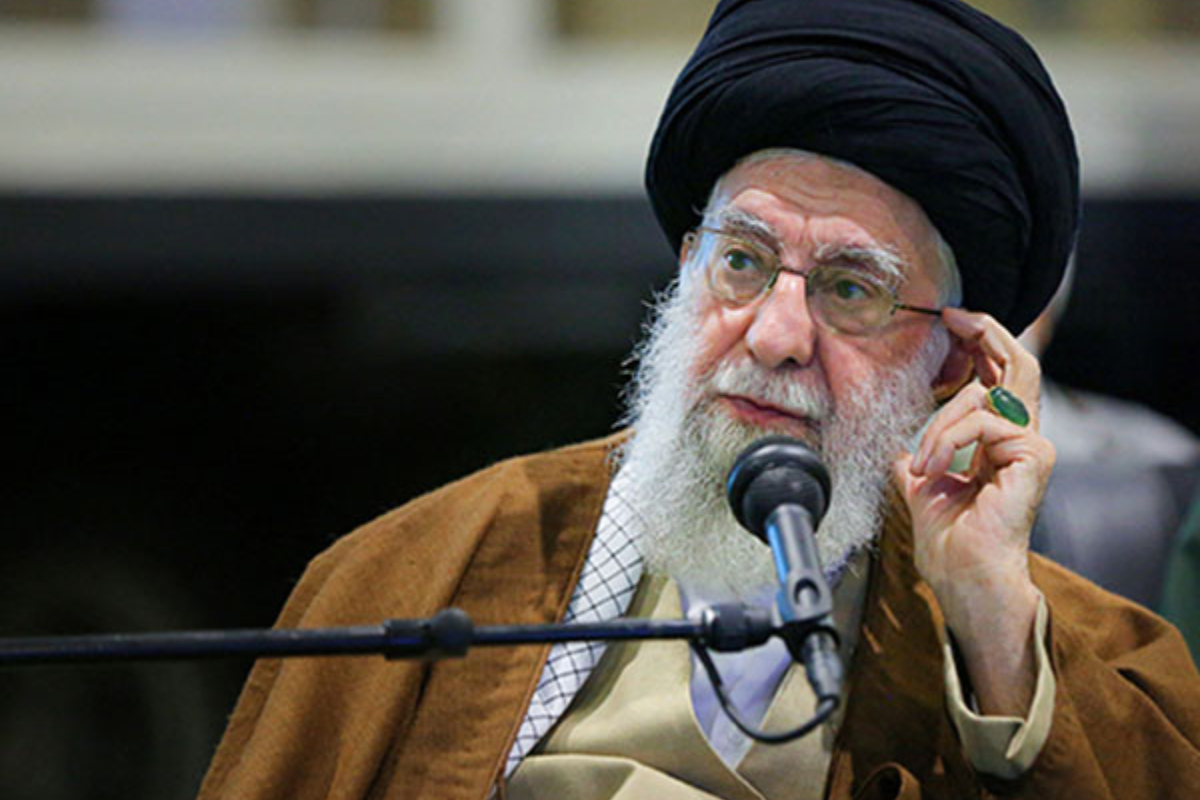Iran’s Supreme Leader Ayatollah Ali Khamenei warned Hezbollah leader Sayed Hassan Nasrallah to flee Lebanon shortly before he was killed in an Israeli airstrike, as three Iranian sources revealed concerns about Israeli infiltration within senior government ranks in Tehran.
Following an attack on Hezbollah’s booby-trapped sites on September 17, Khamenei dispatched an envoy to urge Nasrallah to relocate to Iran, referencing intelligence indicating that Israel had operatives within Hezbollah and was planning to assassinate him, according to a senior Iranian official who spoke to Reuters.
The envoy was Brigadier General Abbas Nilforoushan, a senior commander of the Iranian Revolutionary Guards, who was with Nasrallah in his bunker during the Israeli bombardment and also lost his life in the strike.
Since the attack, Khamenei has remained in a secure location in Iran and ordered the launch of around 200 missiles at Israel in retaliation for the deaths of Nasrallah and Nilforoushan, as reported by the Revolutionary Guards.
The statement from the Revolutionary Guards also mentioned the assassination of Hamas leader Ismail Haniyeh in Tehran in July and Israeli assaults on Lebanon, although Israel has not claimed responsibility for Haniyeh’s death. On Tuesday, Israel initiated what it termed a “limited” ground incursion against Hezbollah in southern Lebanon.
Neither Iran’s foreign ministry nor Israeli Prime Minister Benjamin Netanyahu’s office, which oversees the Mossad, responded to requests for comments.
Nasrallah’s assassination followed two weeks of targeted Israeli strikes that had destroyed weapon sites, weakened half of Hezbollah’s leadership council, and significantly diminished its top military command.
Concerns regarding Khamenei’s safety and a loss of trust between Hezbollah and Iran’s establishment surfaced in conversations with ten sources, highlighting a situation that could hinder the effectiveness of Iran’s Axis of Resistance alliance, which consists of anti-Israel irregular armed groups.
Hezbollah, established with Iranian support in the 1980s, has long been the most powerful member of this alliance. The current turmoil is complicating Hezbollah’s ability to select a new leader due to fears that continued infiltration could endanger any successor, according to four Lebanese sources.
Magnus Ranstorp, a Hezbollah expert at the Swedish Defense University, remarked, “Basically, Iran lost the biggest investment it had for the past decades,” referring to the severe damage inflicted on Hezbollah, which he claimed reduced Iran’s capability to conduct strikes against Israel’s borders.
“It shook Iran to the core. It shows how deeply infiltrated Iran is: they not only killed Nasrallah, they killed Nilforoushan,” he said, describing Nilforoushan as a trusted military advisor to Khamenei.
The loss of Hezbollah’s military capacity and leadership could lead Iran to consider more frequent attacks against Israeli embassies and personnel abroad, reminiscent of their tactics before the rise of proxy forces.

















